Experimental and Foundation Studies
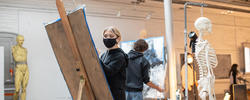
Based on the philosophy that all undergraduate students benefit from a shared understanding of RISD’s approach to studio learning, during your first year you and your peers follow the same studio curricula—known together as Experimental and Foundation Studies (EFS).
Each of the three programs meets one full day per week, with challenging assignments outside of class time supporting the experience. Group critiques help you learn to present your own work and support that of your peers.
EFS studios
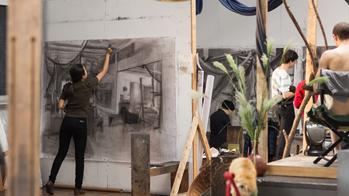
At RISD students pursue drawing as both a powerful way to investigate the world and an essential activity intrinsic to art and design practice. The studio becomes a laboratory of varied and challenging activities in which to investigate materiality, imagined situations, idea generation and the translation of the observable world.
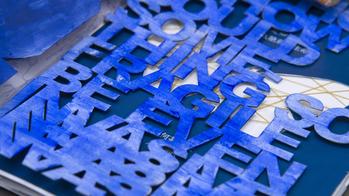
In this studio, students explore how to organize visual and other sensory elements in order to understand perceptual attributes and convey meaningful messages through objects, spaces and experiences.
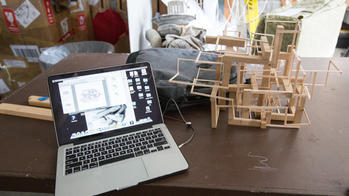
This studio-based inquiry into physical, spatial and temporal phenomena considers force—the consequence of energy—and its effect on structure. Students explore physical, spatial and temporal phenomena through a range of analog and digital processes.
In the studio
In EFS you work closely with faculty who emphasize rigorous critical inquiry and independent learning, while offering ongoing guidance and feedback. Assigned projects in each studio encourage exploration, questioning and risk-taking.
Critiques following each project let you discuss your intentions and processes, and reflect on the capacity of the work to embody ideas and emotions.
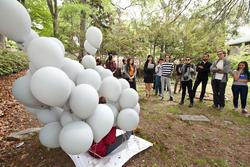
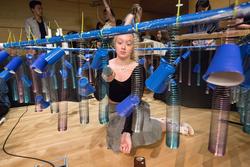
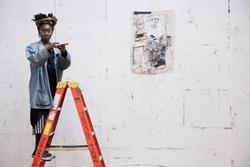
Student work
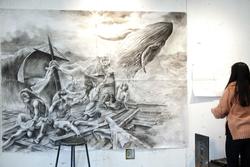
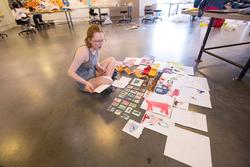
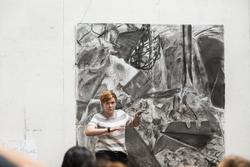
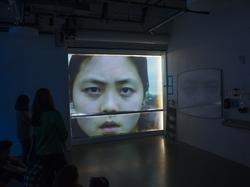
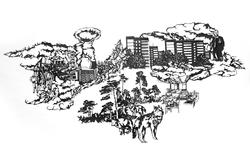
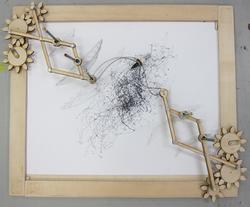
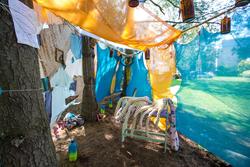
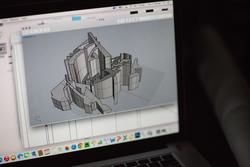
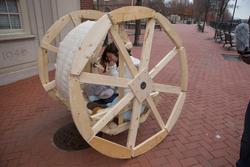
RISD First Year in Florence Program
Situated in the art capital of Italy and modeled on our foundation curriculum, this unique, immersive program provides the thinking and making skills that define our first-year education, as well as perspectives that emerge from creative cultural exchange.
Interdisciplinary concentrations
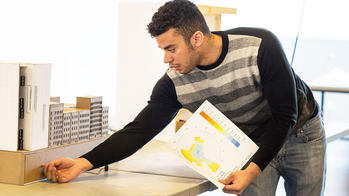
CTC integrates instruction in writing programming languages with critical, historical and theoretical frameworks for understanding the technologies that shape society and culture, giving students opportunities to incorporate digital technologies into art and design practices.
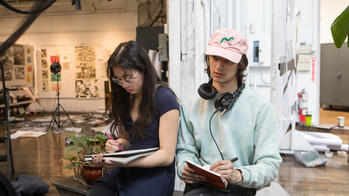
This concentration offers a way of engaging deeply with the notion of drawing as speculation. Highlighting the discipline’s connection to innovation and discovery, it encourages students to see drawing as both integral to all of art and design, and as a medium for creating resolved works of art.
Featured stories
Nearly two dozen first-year students began their college journey immersed in Italian culture.
Now in its fifth year, the First Generation College Student Pre-Orientation Program (FGC POP) has been recognized for dramatically changing the landscape for first-generation students.
Eleven arts educators and a full-time librarian join the community, bringing a wealth of new knowledge and perspectives to RISD students.


